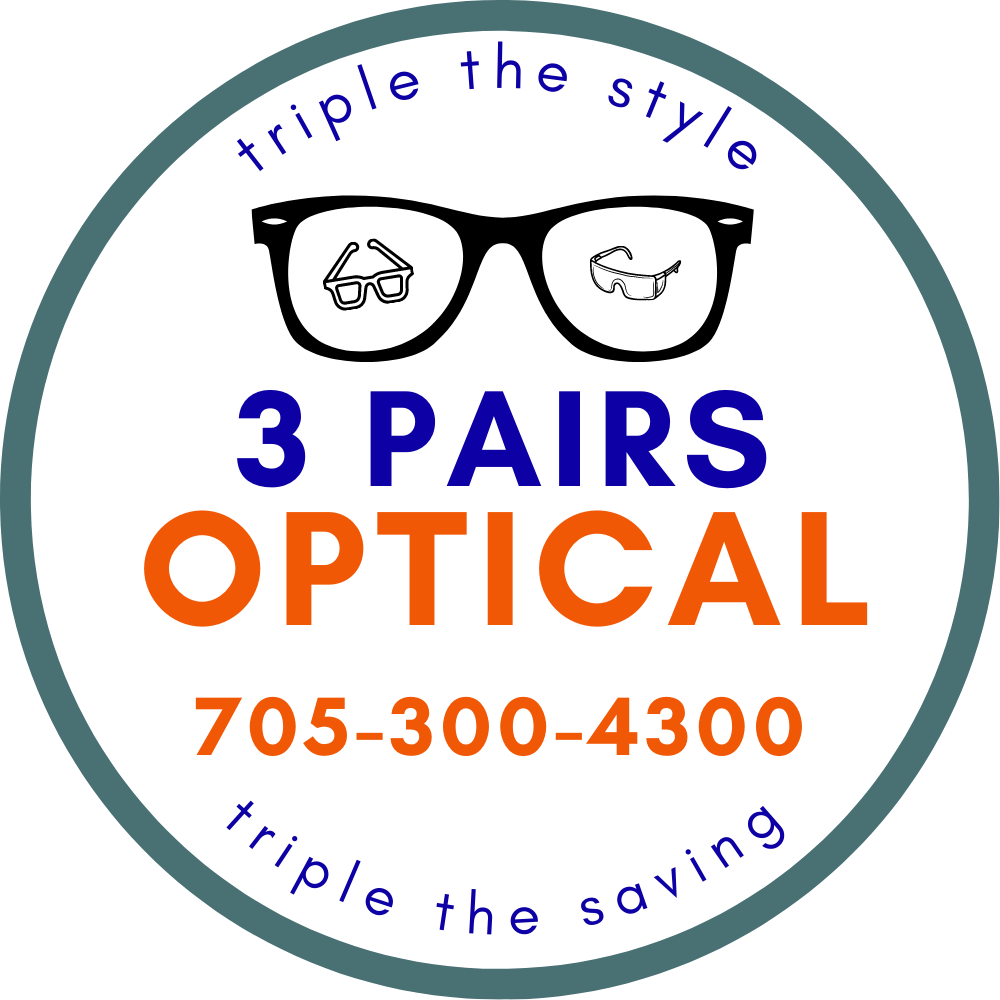Vision Correction through Eyewear
If your eyesight is blurry, it may indicate a vision issue such as myopia. Correcting these vision problems can be achieved through the use of eyeglasses, enabling clear vision. Optometrists and ophthalmologists conduct thorough eye examinations to determine the most suitable lenses for individual needs. Depending on the nature of the vision problem, bifocals or progressive lenses may be recommended.
Purpose of Eyeglasses
Eyeglasses are designed to address and correct various vision problems. Whether you struggle with close-up or distant vision, eyeglasses enhance the clarity and sharpness of your vision. Most vision problems are related to the way light focuses on the retina at the back of the eye. Eyeglasses play a crucial role in directing light appropriately onto the retina to create clear images.
Prevalence of Vision Issues
Approximately 11 million Americans aged 12 and above require vision correction. Regular eye exams are essential for maintaining optimal vision health. Healthcare providers not only prescribe eyeglasses when necessary but also detect potential eye diseases in their early stages.
Correctable Vision Issues with Eyeglasses
Eyeglasses are effective in addressing various vision problems:
- Nearsightedness (myopia): Clear vision for close objects, but blurriness for those farther away.
- Farsightedness (hyperopia): Clarity for distant objects, with blurriness for nearby items.
- Astigmatism: Blurry or distorted vision due to corneal or lens irregularities.
- Presbyopia: Age-related difficulty in focusing on nearby objects.
Determining the Right Glasses
Healthcare providers determine the appropriate lens based on the specific vision problem:
- Nearsightedness: Concave lens (curving inward).
- Farsightedness: Convex lens (curving outward).
- Astigmatism: Cylinder-shaped lens.
- Presbyopia: Bifocal or multifocal lenses.
Varieties of Lenses
Understanding the types of lenses available is crucial:
- Single-vision lenses: Correct myopia, hyperopia, and presbyopia.
- Reading glasses: Single-vision lenses catering specifically to presbyopia.
- Multifocal lenses: Address multiple vision problems, including bifocals, trifocals, and progressive lenses.
- Computer glasses: Multifocal lenses designed for computer screen focus.
Eyeglass Materials
While glass lenses were common in the past, today's lenses are predominantly plastic. Plastic lenses offer advantages such as being lighter, sturdier, and treatable with UV filters. Lens material options include polycarbonate, photochromic, tinted, high-index plastic, and aspheric lenses.
Eyeglass Care Tips
To maintain clear vision and spot-free eyeglasses, proper care is essential:
- Store them in a clean, dry place away from potential damage.
- Clean with water and a lint-free cloth as needed.
Eye Exam Process
Eye specialists, including optometrists and ophthalmologists, perform comprehensive eye exams, covering visual acuity, lens prescription, pupil health, peripheral vision, eye movement, eye pressure, and examination of the front and back of the eye.
Frequency of Eye Exams and Glasses Replacement
The frequency of eye exams and glasses replacement depends on individual needs and changes in vision. Typically, eyeglass prescriptions are valid for a year, but adjustments may be needed sooner in specific circumstances.
When to Consult Healthcare Providers
If there's a noticeable decline in vision or suspicion of an eye-related issue, scheduling an appointment with an eye specialist is crucial. This is especially important if there's an eye injury, potential infection, or worsening vision.
Cost Considerations
The cost of eyeglasses varies based on lens type and frame choice. Insurance coverage may alleviate some costs, and individuals are encouraged to discuss coverage options with healthcare providers and insurance companies. Maintaining clear vision through eyeglasses is essential for overall eye health, and a comprehensive eye exam is the first step toward achieving this goal.

